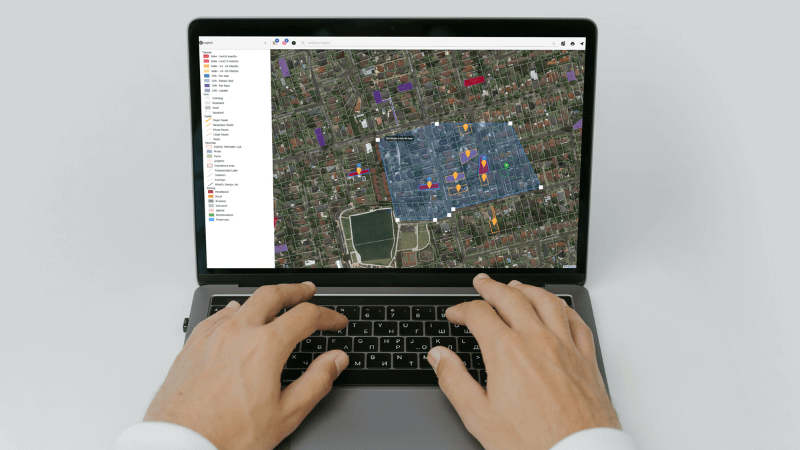3 min read – Climate Change and property
As Aussies, 2020 taught us a lot about what it means to live in a country with an evolving and unpredictable climate.
Devastating fires in January, gave way to ferocious storms and flash flooding in February.
Heatwaves scorched from coast-to-coast in November.
Beaches disappeared in December.
And all of this occurred after the Climate Council released a startling report claiming, “the property market is expected to lose $571 billion in value by 2030 due to Climate Change.”
Whether you believe the Global Warming science or think it’s all just more ‘fake news’, as property valuers, considering the potential implications of changing weather patterns will be increasingly important over years to come.
How will Climate Change affect property values?
When Climate Change activist Greta Thunberg said, “I want you to act as if the house is on fire, because it is,” we’re pretty sure she wasn’t just talking to property valuers.
And yet, her message is spot on when taken more literally.
With fires, floods, drought and erosion increasingly devastating our country, a comprehensive valuation is incomplete without considering the risk of property damage resulting from changing weather patterns.
In assessing vulnerability, the Climate Council reports, “low-lying properties near rivers and coastlines are particularly at risk”.
In July of 2020, we saw exactly what that looks like, as several luxury homes in NSW, crumbled over eroded cliffs into the ocean below.
If risk of property damage isn’t enough to influence property values, perhaps council rates and insurance increases are.
The Department of Environment reports more than 160,000 homes in Australia will be put at risk of damage if the sea levels rise just 1.1 metres.
ABC tells us many coastal towns are already mapping out areas of high-risk, with rate rises proposed now, to help improve protections for homes, before disaster strikes down the track.
Similarly, the Climate Council predicts insurance premiums for properties in high-risk areas will continue to rise, with ‘one in every 19 property owners facing the prospect of premiums that will be effectively unaffordable by 2030’.
Being able to align Climate Change insights with specific properties, allows a valuer to consider just how the risk of damage and increasing costs might affect property values.
Using data to create Climate Change valuations
While kids skip school to protest Climate Change inaction, Governments tip toe around the specifics of their strategies, and Australia battens down for the next round, valuers can rely on emerging data to provide accurate property valuations for today, and tomorrow.
“Combining Climate Change data, calculated from simulations, trends and forecasts, with existing market intelligence, from property design specs and construction materials to elevation and topography, will allow valuers to deliver more insight into the future of a property’s value,” says Don Harb of National Property Data.
“Property buyers can benefit from a better understanding of a property’s vulnerability, based specifically on its construction, and the probability of extreme weather events that threaten a location.”
Climate valuations not only report on vulnerabilities of specific properties, but can also be used to recommend improvements that will increase resilience.
“In further enhancing its property data platform, National Property Data will partner with key sources for Climate Change insights, enabling valuers to produce more comprehensive valuations, with just a few clicks.
We’d love to hear your thoughts on Climate Change data for valuations – useful or not?
Sign up for National Property Data’s FREE trial.
Image by Jeremy Bishop
Clear pricing that just makes sense.
Sign up to National Property Data and receive unlimited access to 40 years of property history and insights, industry leading Mapping, customisable CMA builder, automated valuation and more.
"*" indicates required fields




